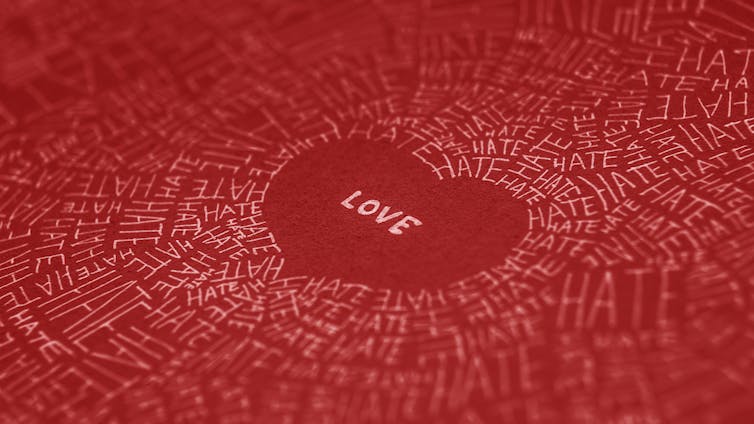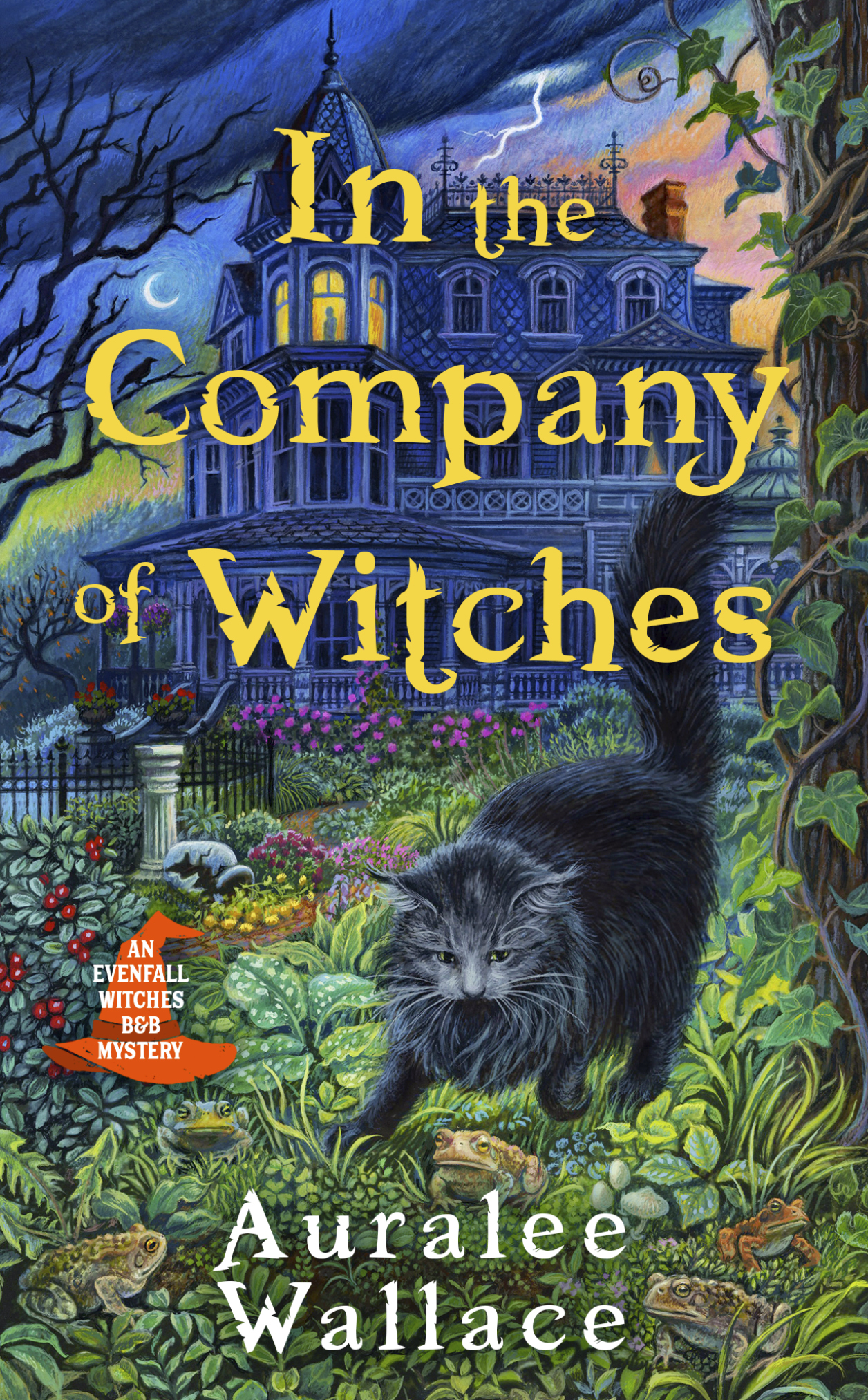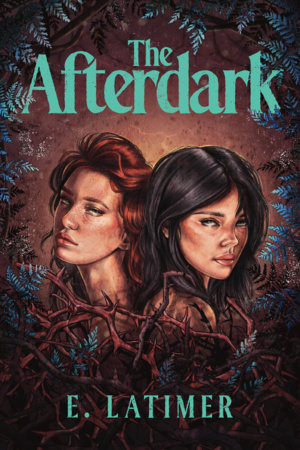More than a feeling – thinking about love as a virtue can change how we respond to hate

Love and hate seem like obvious opposites. Love, whether romantic or otherwise, involves a sense of warmth and affection for others. Hate involves feelings of disdain. Love builds up, whereas hate destroys.
However, this description of love and hate treats them as merely emotions. As a religious ethicist, I am interested in the role love plays in our moral lives: how and why it can help us live well together. How does our understanding of the love-hate relationship change if we imagine love not as an emotion but as a virtue?
The 13th-century theologian Thomas Aquinas is a foundational thinker in the history of Christian ethics. For Aquinas, hate is not the antithesis of love, or even opposed to it. In his most important work, the “Summa Theologiae,” he writes that hate responds to love. In other words, hate is a reaction to threats against what we love, or what we deeply value. We can better understand the experience of hate by getting clear on what it means to love.
Greek roots
Today, scientists know that feelings of love are related to biochemical processes that release chemicals in the brain, increasing pleasure and excitement. Beyond mere biology or even emotions, some philosophers and psychologists contend that love is also a practice.
Love can also refer to a virtue: a habit or settled disposition that increases the likelihood of people thinking, feeling and acting in ways that promote happiness and well-being. For example, the virtue of courage can help people endure and thrive in the midst of fear and uncertainty.




